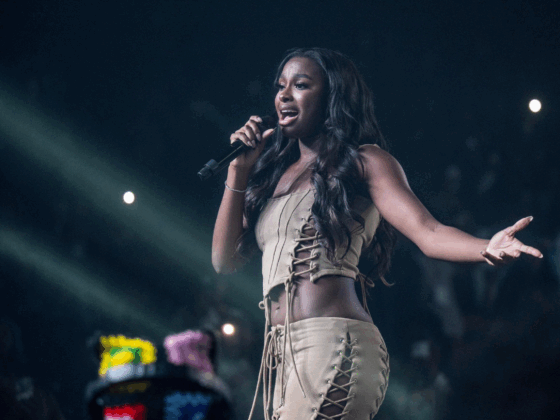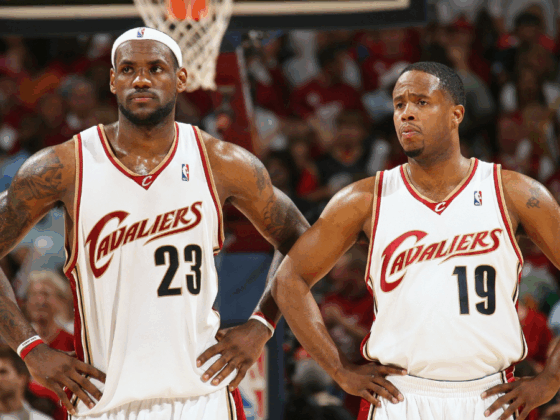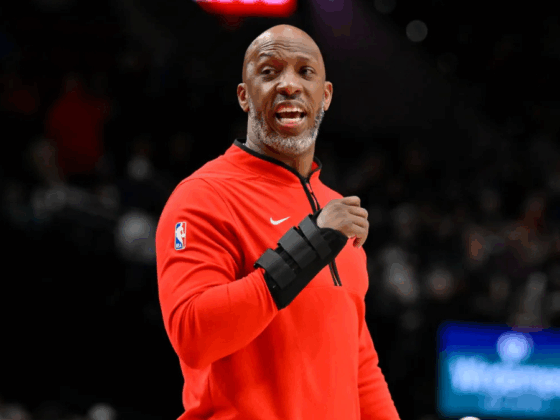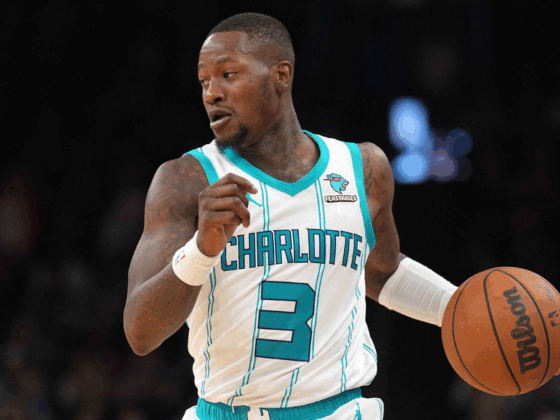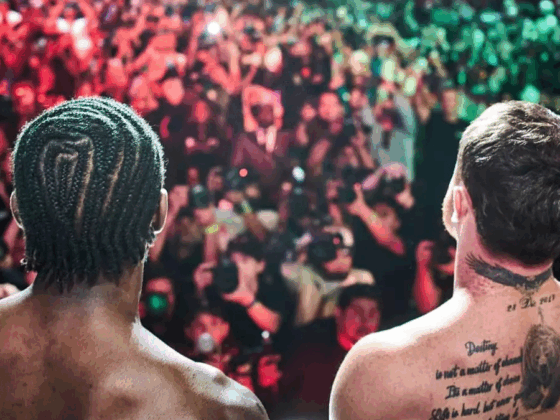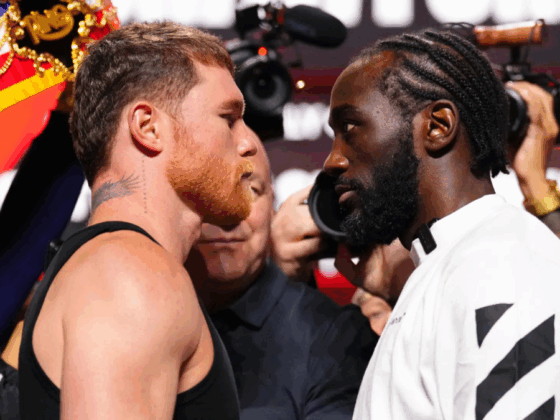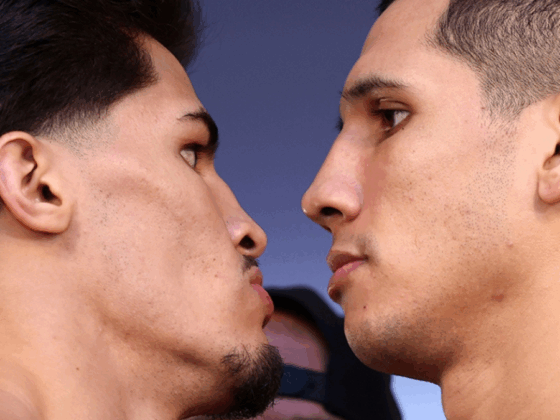/cdn.vox-cdn.com/uploads/chorus_image/image/51466009/usa-today-9621740.0.jpg)
The Charlotte Hornets are looking at what could be their most successful season in the last 13 years, but no one is talking about them. Would tanking be a more viable option for their future?
The case of the Charlotte Hornets’ run in the NBA has been a curious one, despite their short tenure in the league. They have only been an official member of the NBA since 2014, but the team and the city it is located in have NBA history that roots back to the mid-1980s. From the Larry Johnson-Alonzo Mourning era, to two expansion drafts, to their relocation, and through their identity crisis, the Hornets have been full of interrupted progress and little success. For the last 13 years, the Charlotte Bobcats Hornets have been a forgotten franchise that honestly hasn’t made many mistakes, but hasn’t taken the risks necessary to build a team worth talking about. The Charlotte Hornets have already become the NBA’s least-discussed team.
It wasn’t always this way. When the Hornets first introduced themselves into the league, they were shaking things up early. Acquiring Larry Johnson and future Hall-of-Famer Alonzo Mourning in back-to-back drafts during the early 1990s had the future looking bright early in the team’s conception. After trading Mourning for Glen Rice, the Hornets were on the verge of creating a team that could battle with the best in the Eastern Conference (despite trading away Kobe Bryant in 1996, not knowing what exactly they would have had with him). Then the team moved to New Orleans, and Charlotte was left with an empty void after being teased with a brief taste of success.
Charlotte would eventually return to the realm of professional basketball in 2004, but with a new name, the Charlotte Bobcats. Following another expansion draft, the Bobcats were stuck at the bottom of the standings with little sense of urgency and almost no pulse. Fast forward to another rebrand and in 2017 we have a Charlotte Hornets team that has everything they need to make the playoffs this coming season, but it doesn’t matter.
The Hornets have hardly been a team that could be titled as relevant. They’re in a smaller-sized market and they boast little (if any) historical relevance. They could have had Gordon Hayward back in 2014 if the Utah Jazz didn’t match their offer, but that was a long shot to begin with. They signed Jeremy Lin for nothing – well after Linsanity – only for him to ink a three-year, $36 million deal one year later with the Brooklyn Nets. Al Jefferson, Roy Hibbert and Stephen Jackson were all added past their primes and were less effective (or in Hibbert’s case, totally ineffective) versions of their former selves. They drafted Michael Kidd-Gilchrist (2012) and Emeka Okafor (2004) with separate number two picks, but neither of them have turned into what fans originally expected. Combine them with other lottery picks that never planned out such as Noah Vonleh (No. 9 in 2014), Cody Zeller (No. 4 in 2013), Gerald Henderson (No. 12 in 2009), D.J. Augustin (No. 9 in 2008), Adam Morrison (No. 3 in 2006), Raymond Felton (No. 5 in 2005) and Sean May (No. 13 in 2005) and it becomes much more clear as to why the Hornets haven’t been blessed with the plentiful riches this league can offer.
Michael Jordan buying the team in 2010 is arguably the highlight of their history, but not even the greatest basketball player of all time and his multi-million dollar shoe industry can seem to keep them relevant. The Hornets have yet to finish in the top half of the league in average attendance (although they sold out 364 consecutive home games in the late 80’s-early 90’s). They have been to the playoffs just three times since 2004, only to lose in the first round each time. They almost weren’t allowed to have the All-Star game in Charlotte that is planned for 2019 due to their own state’s ignorance (which was probably the most attention they’ve received in 10 years). Another notable franchise highlight might be their SEVEN-win season during the shortened 2010-11 campaign which didn’t even land them the number one pick in the draft. They missed out on Anthony Davis only a few months later because the ping pong balls refused to bounce in their favor. The Brooklyn Nets, Phoenix Suns and even the Orlando Magic receive more attention from the media than the Hornets and none of them will be nearly as good as Charlotte will be this season. I’ve heard more about in which shoe Lonzo Ball plays more effectively just in the last week than I have the about the Charlotte Hornets all year.
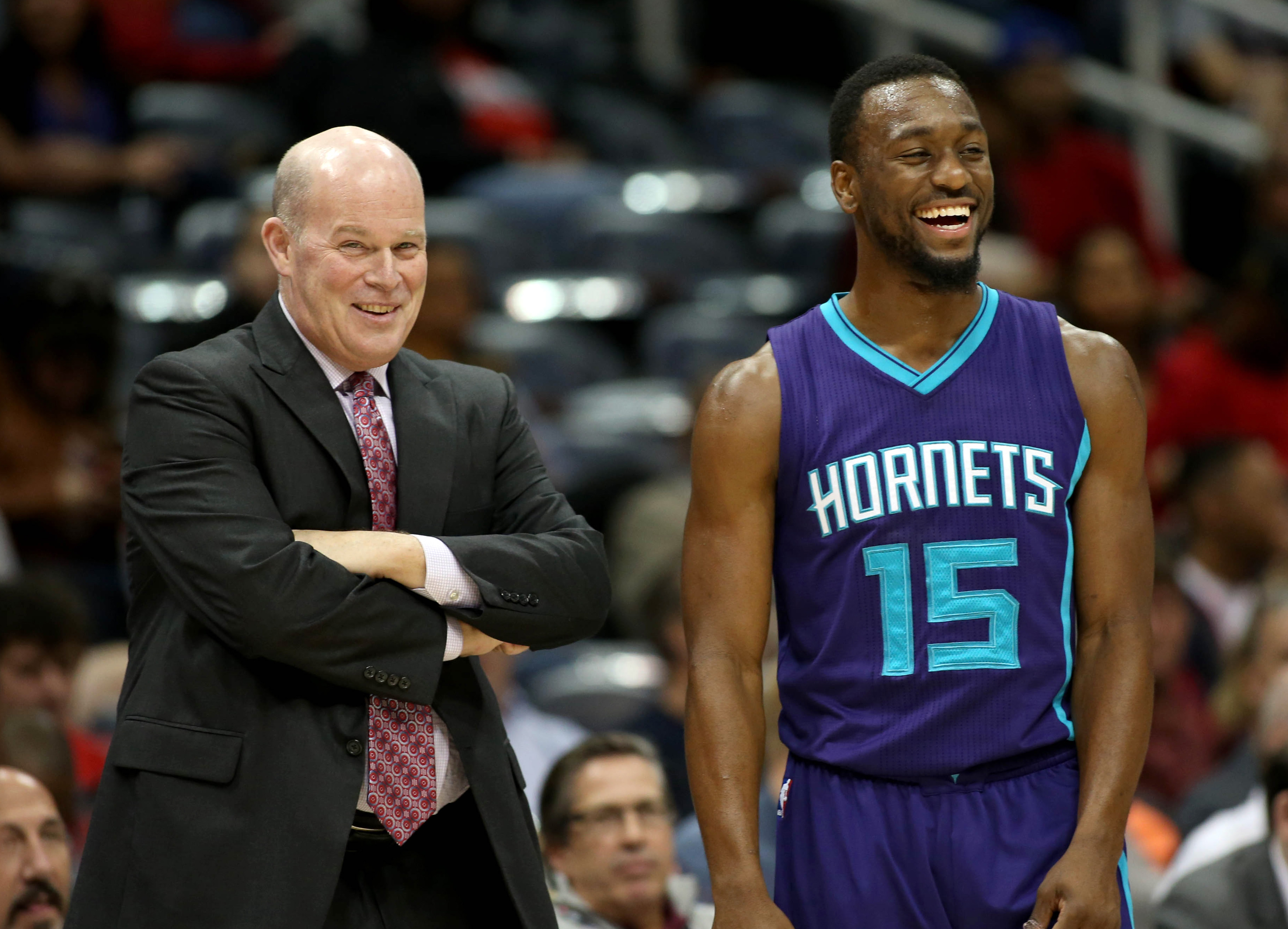
This offseason, they traded for Dwight Howard five years too late and the reception from the media was about what you might expect. It was the talk for one day then quickly forgotten. The trade itself wasn’t a total disaster, actually. They traded for Dwight and a pick that would eventually turn into Frank Jackson while separating themselves from Miles Plumlee’s horrendous contract along with Marco Belinelli. The Hornets did take on some extra salary by bringing in Dwight, and Bellinelli may have been their third (sometimes second) most reliable scorer, plus he’s on a cheap deal by today’s standards. While Dwight is essentially what they had in Tyson Chandler several years ago (although a worse version at this point), he may mesh well next to someone such as Frank Kaminsky or Marvin Williams who can stretch the floor and allow Howard to stay inside – although he couldn’t even make that work with Paul Millsap. It’s unlikely he resurges his career in Charlotte at age 31 but he only has two years left on his deal (at $23 million per year) and he provides an inside presence that they desperately needed. So, if anything, chalk that trade up as a wash.
There is real potential that this team can not only make the playoffs next season, but maybe even sneak into one of the top five or six slots. With Indiana, Atlanta and Chicago all accepting rebuilds, there are now three playoff spots that are much more widely available. The Miami Heat are a threat to sneak in along with possibly the Detroit Pistons, but it is completely reasonable to state that the Hornets are already better than both of those teams, which leaves Milwaukee, Washington, Toronto, Cleveland and Boston as the five teams that are indecisively ahead of them.
Kemba Walker made his first All-Star appearance this past season at age 26, joining Gerald Wallace as the only other Hornet (Bobcat?) since the team’s rebirth in 2004 to make an All-Star game. He’ll be the team’s leader once again next season, looking to take another leap in production before entering the prime of his career. Malik Monk has been the highlight of their summer thus far when they drafted him at number 11 – a pick many considered (myself included) a steal. But Monk’s absence in Summer League due to an injury has reduced the Hornets’ clout even more.
The problem with the Hornets is that they don’t know who they are. They aren’t looking to be a lottery team this coming season, but they certainly aren’t a team that anyone in the top of the East should be worried about. The phrase “Basketball Purgatory” is used to describe this situation the Hornets are in, and it isn’t anyone’s fault but their own. They are against tanking, but they are never a target to land a high-profile free agent. They will continue to hover in the 35-45 win range for the foreseeable future, and that won’t lead to anything other than first-round exits or late lottery picks. If they tank, would that mean turning away Kemba Walker, one of the front office’s few moves that panned out? They don’t have the team basis that requires adding multiple superstars – or the money, for that matter.
$13 million per year over the next three seasons goes to Kidd-Gilchrist, who is an elite defender and has developed a somewhat consistent mid-range game, but his complete lack of an outside shot has hindered his potential. Roughly $14 million per year over the next three goes to Marvin Williams, a veteran forward with a big body who can stretch the floor and knock down the three. Cody Zeller will make close to $60 million over the next four years and he’s more of an energy player than a skill player. Nicholas Batum is owed $100 million-plus over the next four and while he can do a little bit of everything, he doesn’t have an area in which he excels at. Dwight still has two years, $47 million left on his deal and they’ll have to find a way to pay Kemba in the summer of 2019. A majority of their money is tied up with players that most likely won’t be a part of a Charlotte team that would have a chance to contend in the future.
The idea of being relevant is blinding them as they refuse to take a hard look at their future. Is going all in with an average team in hopes of taking advantage of an increasingly weak Eastern Conference the way to go? There is a lot of money to be made when a team makes the playoffs and the idea of sitting in playoff position throughout an entire year is tempting. The other side of the argument: How much recognition will this current model bring in? They aren’t going to win the East this year, or next year, or five years from now, and they won’t win for the next five years if they tank. There is no obvious solution on how to fix the Charlotte Hornets, but planning for mediocrity has never been the move.
